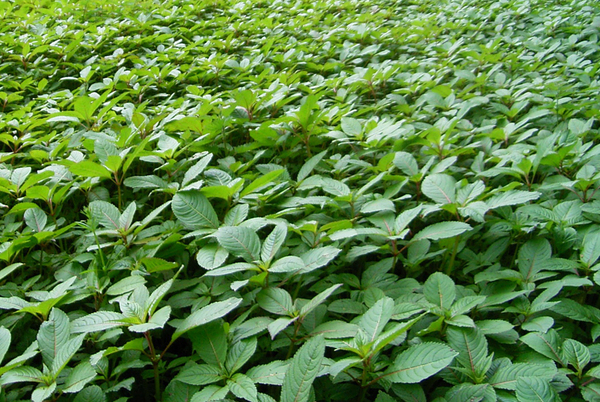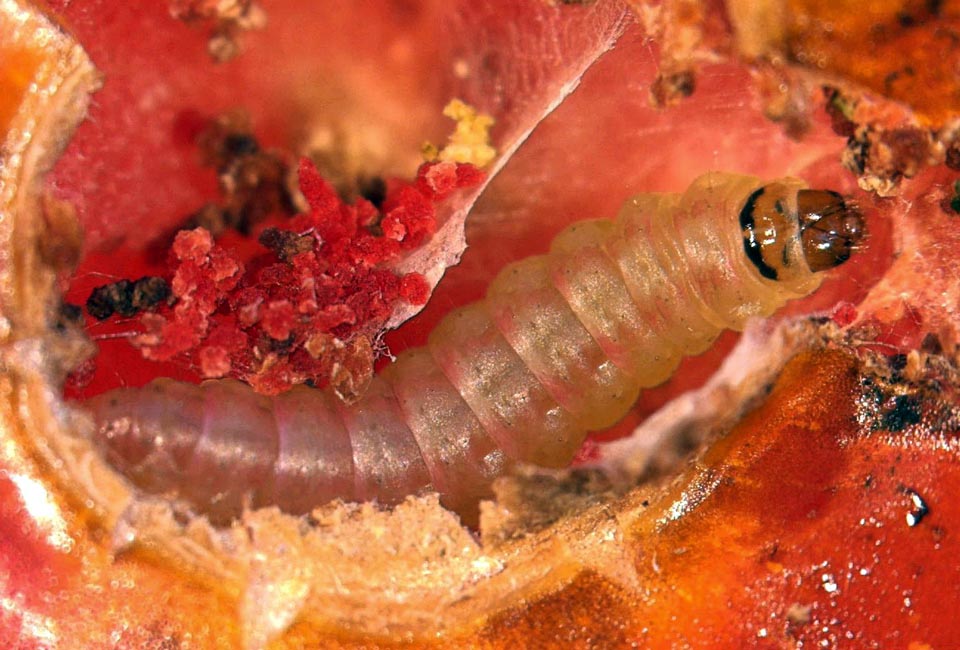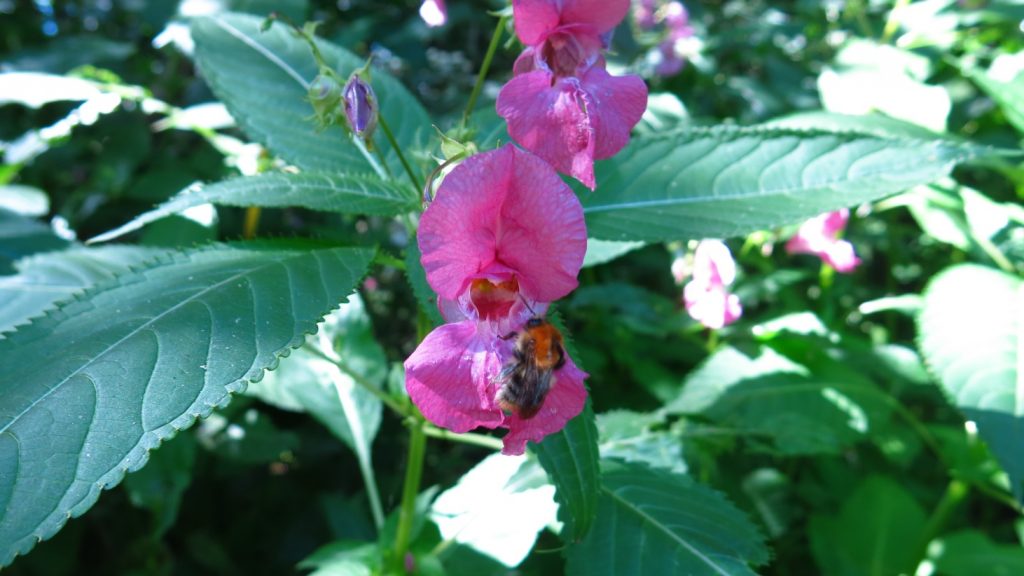Plans for strategic action to tackle invasive species in Africa advance
Plans towards developing a comprehensive strategy that will enable sub-Saharan Africa (SSA) to deal more proactively and effectively with invasive species have advanced significantly. This milestone has been achieved through a recently concluded workshop co-organised by the International Centre of Insect Physiology and Ecology (icipe), the International Institute of Tropical Agriculture (IITA) and CABI, with support from the Swiss Development…
A new tool to identify potential invasive species threats
CABI has announced the beta launch of its invasive species Horizon Scanning Tool, a decision support aid to help users identify potential invasive species threats to a country, state or province. The tool is supported by the US Department of Agriculture (USDA) and the UK Department for International Development (DFID). Gareth Richards, CABI’s Compendium Programme Manager,…
The search for an alternative to pesticides for the Stink Bug
CABI’s expertise in scientific research and development is helping to lead the fight against a global pest which has already caused millions of dollars’ worth of damage to hazelnut crops in Georgia and apple production in north eastern regions of the USA. Known not only for its pungent smell to deter predators and its ability…
Could invasive plant management prevent the spread of malaria?
CABI scientists have joined an international team of experts who suggest that the large-scale management of a range of some invasive plants could hold the key to reducing the spread of deadly malaria. Dr Arne Witt and Dr Sean Murphy worked with scientists from the University of Illinois, The Ohio State University and the Fundación…
The Valentine’s Day Invasion
The influx of imported flowers in time for Valentine’s Day increases the risk of invasive pests making their way into native vegetation. Throughout January and February each year, customs and border agents have to inspect floods of bouquets arriving from across the globe to their intended markets in the US and Europe. While the pretty…
Classical biological control of Drosophila suzukii with Asian parasitoids
The soft-fruit pest Drosophila suzukii, or spotted-wing drosophila (SWD), is particularly difficult to control because of its short generation time and its very broad host range, including many wild and ornamental plants. The pest has been causing damage to fruit crop in Europe as well as North America where damages costing $500million were reported in…
Using roundworms to manage the Tomato Leaf Miner
Research recently published in the Journal of Economic Entomology has offered new insight into managing the tomato leaf miner (Tuta absoluta) using entomopathogenic nematodes (EPN). If the pest is not adequately managed, it can cause up to 100% crop loss in both field and green-house grown tomatoes. Also causing further concern is the increasing insecticide…
CABI launches programme to take Action on Invasive Species
Millions of the world’s most vulnerable people face problems with invasive weeds, insects and plant diseases , which are out of control and have a major impact on global prosperity, communities and the environment. Developing countries are disproportionately affected. The global cost of the world’s 1.2 million invasive species is estimated at $1.4 trillion per…
Invasive species — the hidden threat to sustainable development
When tackling health, hunger or education, how many projects consider the threat of invasive species? The Centre for Agriculture and Biosciences International believes not incorporating biosecurity and invasive species management into development work could jeopardize the success of the Sustainable Development Goals. In this guest column, Roger Day highlights how invasive species can have major…
Enlisting microbes to enhance Himalayan balsam biocontrol
Building on CABI research into the biological control of Himalayan balsam (Impatiens glandulifera) using a rust fungus (Puccinia komarovii var. glanduliferae), a Natural Environment Research Council (NERC) funded collaboration between Royal Holloway, CABI and the University of Reading is investigating the role of the microbial community associated with the plant and how these microbes may…






